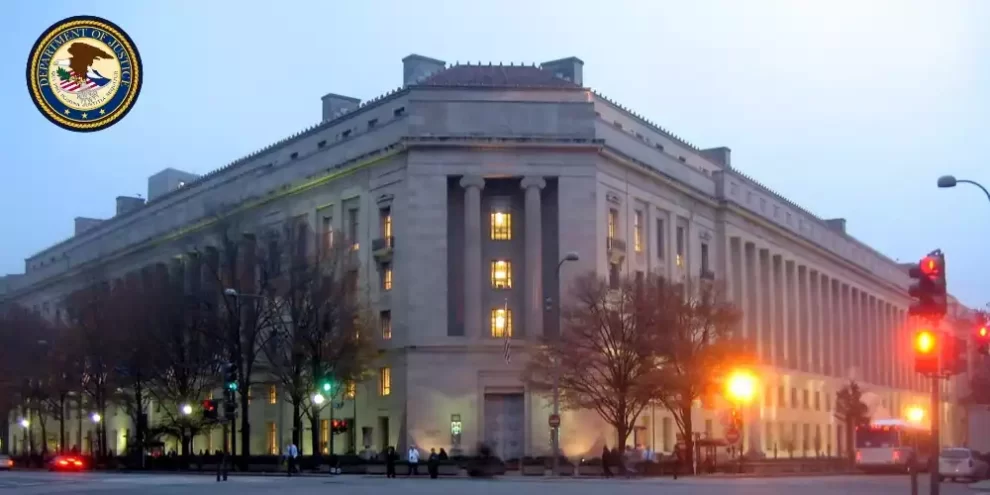The United States Department of Justice (DOJ) is the federal executive department responsible for enforcing the law and administering justice in the United States. Led by the Attorney General, the DOJ is responsible for overseeing the enforcement of federal laws, as well as advising the President and the executive branch on legal matters. The department is divided into several divisions and agencies that carry out its mission.
The Main divisions of the DOJ are:
- The Criminal Division: It responsible for enforcing federal criminal laws, such as those related to terrorism, organized crime, public corruption, and civil rights violations.
- The Civil Division: It’s responsible for representing the federal government in civil litigation, including matters related to the environment, healthcare, and government contracts.
- The National Security Division: It’s responsible for protecting the national security of the United States through counter-intelligence and counterterrorism efforts, as well as enforcing export control and economic sanctions laws.
- The Antitrust Division: It’s responsible for enforcing federal antitrust laws, which are designed to promote competition and protect consumers from monopolistic practices.
- The Environment and Natural Resources Division: It’s responsible for enforcing federal laws related to the environment and natural resources, such as the Clean Air Act and the Clean Water Act.
- The Tax Division: It’s responsible for enforcing federal tax laws and representing the government in civil tax litigation.
The most well-known agency of the DOJ is the Federal Bureau of Investigation (FBI), which is responsible for investigating federal crimes and providing intelligence and counterterrorism services. The Bureau of Alcohol, Tobacco, Firearms and Explosives (ATF) is also a key agency within the DOJ, responsible for enforcing federal laws related to firearms, explosives, and arson.
The DOJ also includes the Federal Prison System, which operates the federal prison system, and the U.S. Marshals Service, which is responsible for protecting federal judicial officials and enforcing federal court orders.
The DOJ’s Civil Rights Division is responsible for enforcing federal laws that prohibit discrimination on the basis of race, color, sex, disability, religion, familial status, and national origin.
The DOJ also plays an important role in the judicial process by representing the United States in court. The department’s lawyers appear in court on behalf of the government in both criminal and civil cases, and they also provide legal advice to other federal agencies.
The DOJ also works closely with state and local law enforcement agencies to combat crime and terrorism. Through its various divisions and agencies, the department provides training, technical assistance, and grant funding to help state and local law enforcement agencies improve their capabilities and better serve their communities.
In summary, the United States Department of Justice plays a critical role in enforcing federal laws and protecting the rights of citizens. It’s the main law enforcement agency is the Federal Bureau of Investigation (FBI) with many other division and agencies that work hand in hand to achieve the department’s goal of protecting the rights of citizens, enforcing the law and administering justice in the United States.







Add Comment